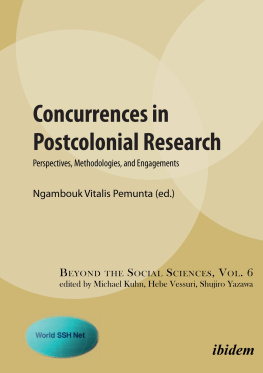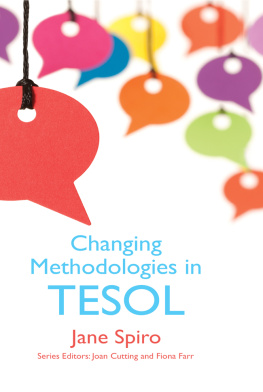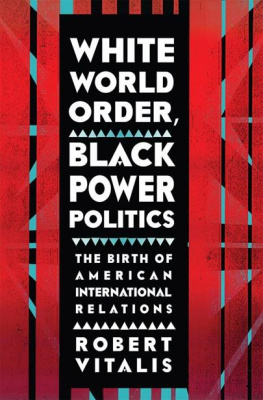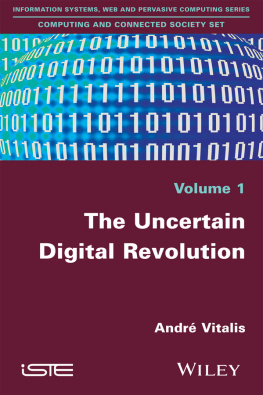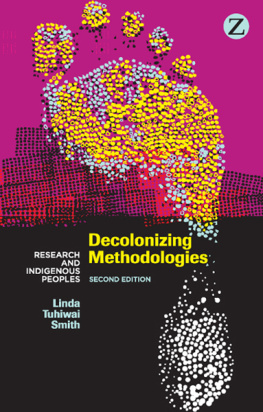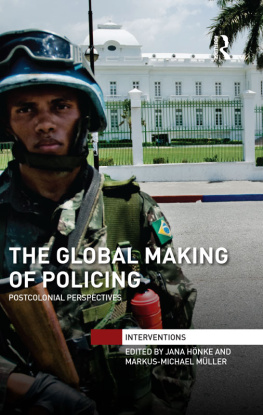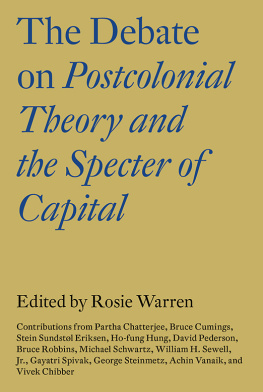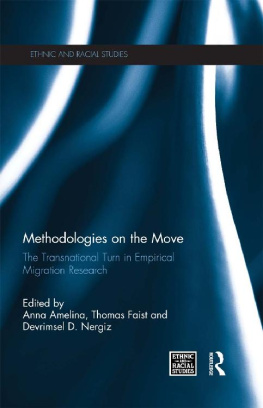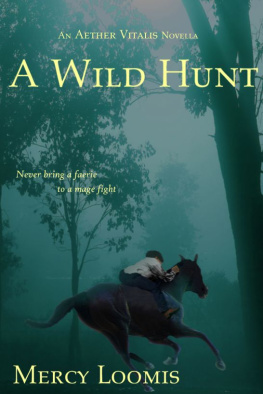Dedication
To all martyrs fighting for the restoration of the independence of the former British Southern Cameroons (BSC), aka Ambazonia
Those imprisoned in bunkers for no crime other than being Anglophones,
Those speaking truth to power and standing up against the Frenchification, and in defence of their Anglo-Saxon identity as they engage the French-backed Yaounde puppet regime in concurrent discourses in their quest for the restoration of the independence of the BSC.
Acknowledgements
On behalf of the co-organizersMargareta Wallin Wictorin and Hans Hgerdalof the interdisciplinary conference Concurrences in postcolonial research-perspectives, methodologies, engagements, which took place 2023 August 2015 at Kalmar, held by the Centre for Concurrences in Colonial and Postcolonial Studies of Linnaeus University (LNU), Sweden, I would like to fervently thank the following sponsorsthe Swedish Research Council, The Crafoord Foundation and the Vice Chancellor at LNU for their generous sponsorship. We, the organizers are equally grateful to all the participants of the conference as well as the contributors to this volume for their patience in responding to comments and bringing this work to fruition. We would also like to unreservedly thank se Magnusson, the Centres coordinator for enthusiastically taking care of the general organizational aspects of that great come together. I would personally like to thank the anonymous reviewers for their forensic scrutiny of multiple versions of various papers that make up this collection and the authors for their patience in reworking their various contributions.
Ernest A. Pineteh would like to sincerely thank the American Council of Learned Societies through its African Humanities Program for sponsoring the broader research project on Cape Town-based Somali victims of xenophobia that forms the basis of his contribution. His contribution was put together during a one-month visiting research fellowship at the Centre for Concurrences in Colonial and Postcolonial Studies at LNU in Sweden. During the fellowship, he received financial support and was provided with office space, the internet and library access. He would like to express his deepest gratitude to the Centre for hosting him.
Cristina S Valentim is immensely grateful to all her interlocutors, in Portugal and Angola, especially to Catele Jeremias and Mateus Segunda Chicumba for their generosity and friendship in helping her with the complex meanings of one of the Angolan national languagesthe Cokwe language. This chapter is drawn from her ongoing research done for a PhD dissertation at the University of Coimbra, Portugal. A visiting fellowship at the Center for Concurrences in Colonial and Postcolonial Studies, LNU, Vxj from August to September 2015 that preceded the conference afforded her a chance to rework her article for publication. She extends a profound gratitude to se Magnusson and Professors Gunlg Fur, Hans Hgerdal and Margareta Wallin Wictorin, for all kindness, hospitality, and logistical support at Vxj, as well to her doctoral scientific advisors Dr Catarina Martins (CES-FLUC) and Dr Ricardo Roque (ICS-IUL), for their incisive comments to early reflections that preceded this paper, and for the encouragement to proceed with this PhD research.
On behalf of ibidem -Verlag, I heartily wish to thank Jakob Horstmann and Florian Blter as well as their entire staff for their tireless efforts, time-consciousness and professionalism. It was wonderful working with all of them!
To Emilia Nkoyo Otang: Thank you for keeping the night virgil with me all through as I worked hecticly to bring this project to fruition.
Ngambouk Vitalis Pemunta
Lessebo, August 31, 2017
Contributors
Ngambouk Vitalis Pemunta holds a D. Phil. in Sociology and Social Anthropology from the Central European University (CEU) Budapest, Hungary. Apart from teaching stints at the Universities of Yaounde1, Cameroon, CEU, and University College Dublin, (Ireland), he has recently completed postdoctoral research at Linnaeus University, Vxj, Sweden. He is also a consultant for several NGOs in both his native Cameroon and abroad-thereby cross-pollinating between the fields of anthropology and development. He is the country expert on asylum for Cameroon for the United Kingdom-based Rights in Exile Programme. He has conducted extensive ethnographic fieldwork in, and published on Cameroon, Chad, South Africa and Sierra Leone. His research interests include gender, reproductive health, HIV/AIDS, environmental policy, ethnography, medical sociology/anthropology, social science and medicine, colonialism and postcolonialism.
Nicklas Hlln is a postdoctoral researcher at Concurrences in Colonial and Postcolonial Studies at Linnaeus University, Sweden and is currently working on a research project called African Street Literatures and the Future of Literary Form at the Department of English at Uppsala University, Sweden. He was awarded his PhD in 2011 (Ume University). His research interests include African literature and travel literature about Africa.
Kristian Van Haesendonck is a research fellow at the University of Antwerp and works on Latin American, Caribbean and Lusophone African literatures. He is the author of Encanto o espanto? Identidad y nacin en la novela puertorriquea actual (Frankfurt-Madrid: Vervuert-Iberoamericana), editor of Going Caribbean! New Perspectives on Caribbean Literature and Art (Lisbon: Humus), and co-editor of Caribbeing: Comparing Caribbean Literatures and Cultures (Amsterdam-Atlanta: Rodopi). His book Postcolonial Archipelagos: essays on Hispanic Caribbean and Lusophone African Literatures is forthcoming at Peter Lang.
Ernest A. Pineteh is senior lecturer and researcher in the Unit for Academic Literacy in the Faculty of Humanities at the University of Pretoria, South Africa. He obtained his PhD from the University of the Witwatersrand in Johannesburg, for an interdisciplinary research project on the life testimonies of a group of asylum seekers and refugees. He has written and published several articles on the experiences of African migrants in South Africa. His current research interests include but are not limited to xenophobia, migrant narratives, African transnational students and academic literacies.
Melanie Klein held a fellowship as a postdoctoral researcher in the DFG Research Group Transcultural Negotiations in the Ambits of Art. Comparative Perspectives on Historical Contexts and Current Constellations at Freie Universitaet Berlin from 2011 to 2017. She studied Art History and Economics in Heidelberg, London and Berlin and completed her thesis on Masculinity contested. Strategies of resistance in the art from South Africa and the oeuvre of Wim Botha at the Academy of Visual Arts in Leipzig in 2008. She was Visiting Associate at the Centre for African Studies in Cape Town with a scholarship from the German Academic Exchange Service and held a two-year research position at the Graduate College Identity and Difference. Gender Constructions and Interculturality at the University of Trier. Her research interests include modern and contemporary art from Southern and Eastern Africa, art education and perspectives on Gender issues.
Margareta Wallin Wictorin has a PhD in Art history and visual studies from the University of Gothenburg, Sweden. She is Reader in Art history and visual studies at Linnaeus University in Vxj, Sweden, and has a position as senior lecturer in Cultural Studies at Karlstad University. She is affiliated to Linnaeus University Centre for Concurrences in Colonial and Postcolonial studies. Since 2008 she has been on several research trips to Senegal and Kenya to study contemporary art and visual culture, especially at DakArt, The Biennial Exhibition of Contemporary African Art In Dakar.

